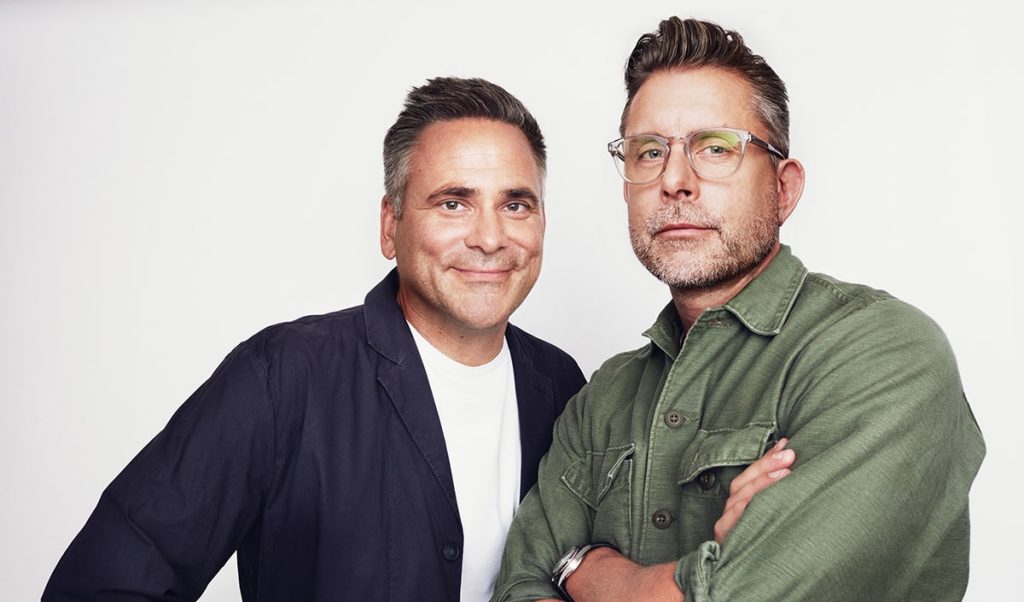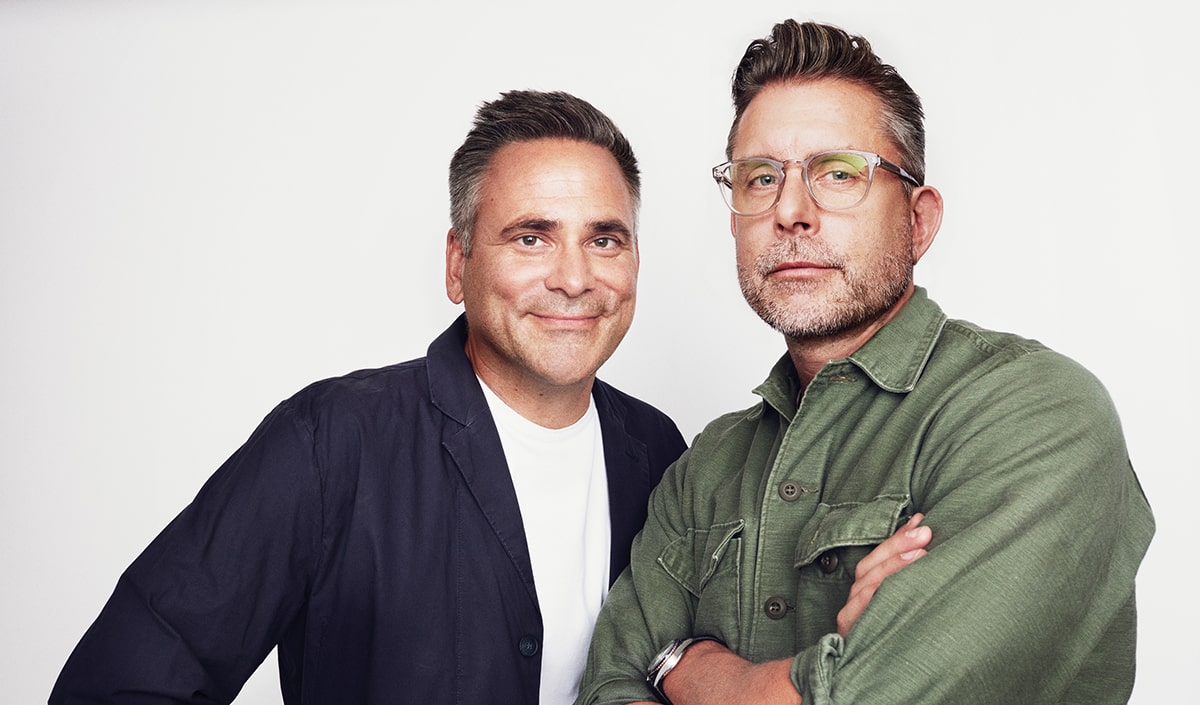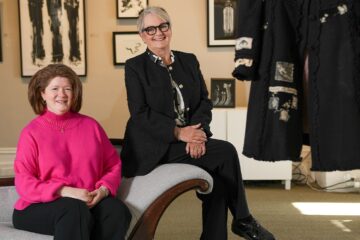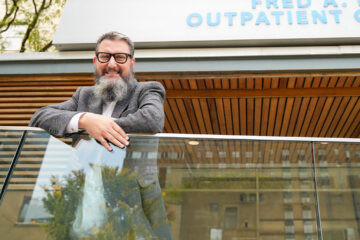Doconomy: The swedish start-up Reshaping the way we shop
Doconomy co-founder Mathias Wikström is working toward a world where products display their carbon footprint in the same way food labels display calories.
If Mathias Wikström had to summarize the intention of his start-up Doconomy, he’d do so with one word: educational. “We want everyone to understand what’s going on, so they can make their own decisions,” he says.
Founded in 2018 with Johan Pihl, Doconomy is dedicated to developing digital tools that drive positive environmental change. “I can’t remember when I decided to set up this company with Johan,” Wikström explains. “It was a natural state of things. In honour of ambition we had to do it, and I’m still tied to the ride.”
Since its beginnings, Doconomy has worked on a number of solutions. It has its non-plastic, biodegradable DO credit card, which tracks CO2 emissions generated from our transactions before displaying them in an app. It has its Lifestyle Calculator, which is a quick, easy-to-use tool that helps individuals discover the impact they’re having on the environment.
Its most recent is the 2030 Calculator, which uses data from more than 300 impact factors, so both brands and manufacturers can highlight their transparency and environmental commitment by accessing calculations of a product’s carbon footprint.
Because Doconomy deals with finances and other personal data, Wikström makes sure every side of the business leads with morality. “When you’re getting into the pockets of someone and something like personal finance, that’s close to people’s hearts. You need to provide them with the best datasets that have integrity, aren’t corrupt and respect their privacy,” he says. “I think those are the core values that drive us in our everyday world.”
In the future, Wikström has visions of these innovations shaping the way we view our shopping baskets. In the same way a receipt will list the financial cost of the items we purchase, Doconomy will allow us to have a breakdown of their environmental cost, too.
“What we’re seeing is a new generation of brand-savvy consumers wanting to know,” Wikström continues. “Now, more than ever, it’s about how your consumption resonates with your personal integrity. You don’t want to run around with a brand who’s putting the world on fire.”
When it comes to driving meaningful change, Wikström understands it goes beyond the innovation of tech to the nuances, like the framing of language. “We need language around this that’s easy and digestible, that doesn’t build walls and constructs academic silos where only the super-educated can understand what’s going on. We want to make this part of popular culture and everyday life. If you’re standing there at the checkout with bags and kids screaming, you’re still going to be able to understand the sustainable impact of your choices.”
“Now, more Than ever, it’s About how your Consumption Resonates with Your personal Integrity. You Don’t want to Run around with A brand who’s Putting the World on fire”
It’s this same attention to detail that fuels a brand culture at Doconomy that Wikström describes as “a blend of curiosity, integrity and fearlessness.”
Another facet they lean into is collaboration, forming alliances with organizations like Ålandsbanken, Mastercard and the United Nations Framework Convention on Climate Change (UNFCCC). “It’s based on this idea of collaboration and the idea we want to work with science and academia,” Wikström says. “We thought the UNFCCC was a good starting point for these conversations and we struck gold. They’re super-engaged, committed and collaborative.”
Discussing what he’d like to see in the next 10 years, Wikström says, “I would like to see signals that people understand the urgency, and I’d like to see positive effects of changes made in regards to emissions. I think it’s important for people to understand it can be done and it will bring hope to every community. If we address the problem together, we can make an impactful change.”
Interview by Estelle Zentil

















































































